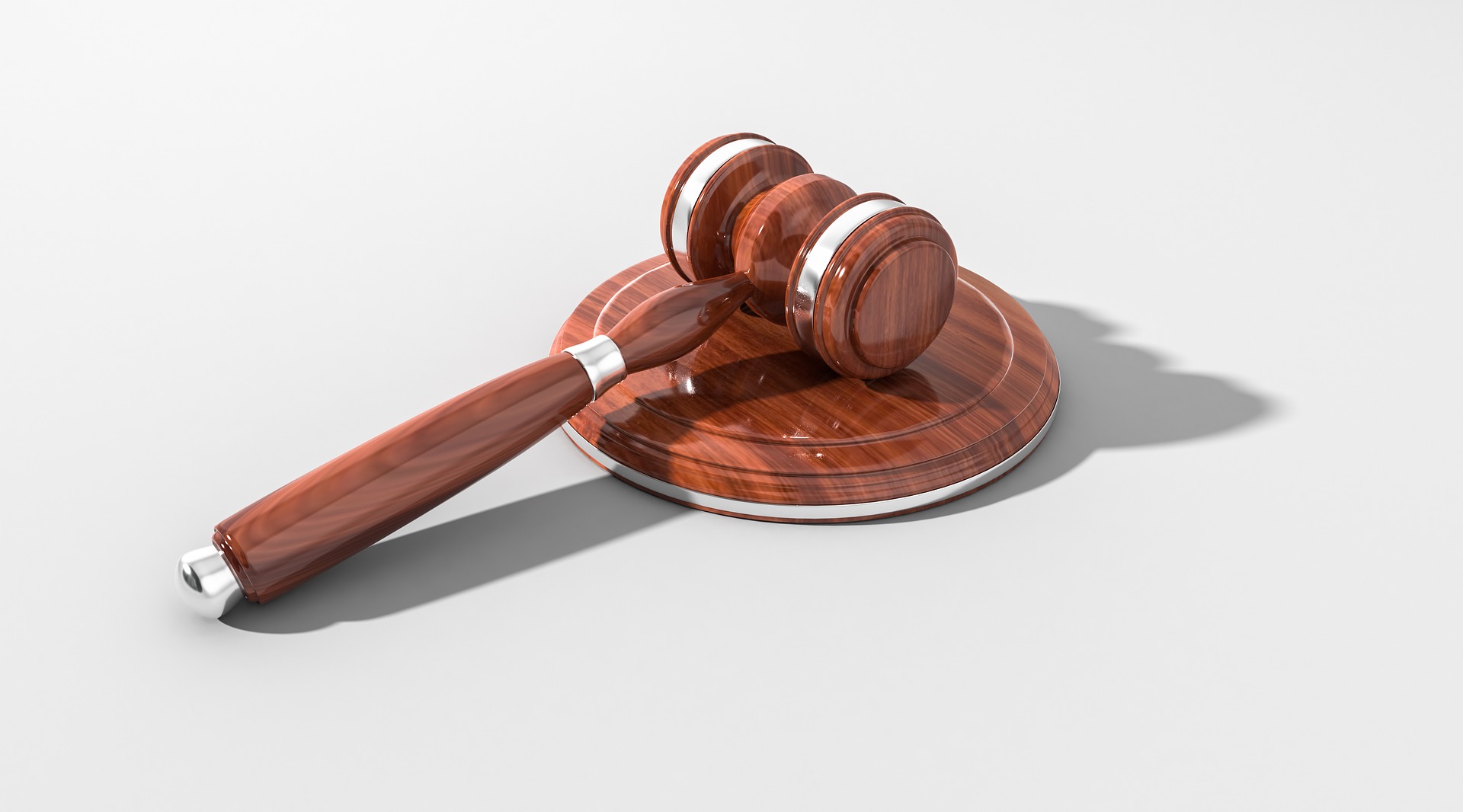Utilitarianism and deontology are two different kinds of competing ethical philosophies, which try to explain how a person can decide if an act is moral or not. How is a Christian supposed to navigate between the different ethical philosophies in order to know God’s will?
Utilitarianism is a teleological approach to ethics that says that an act is morally correct if it produces the greatest amount of good in the world (as opposed to merely the individual). There are two different kinds of utilitarianism – one focused on acts and another focused on rules. Act-utilitarianism has no rules to follow, it only evaluates the action from situation to situation and tries to predict which action produces the greatest amount of good in the world. It is basically pure situational ethics. Rule-utilitarianism presupposes that there are ethical rules we must follow. But the consequences of each rule need to be taken into consideration, and only the rule that produces the greatest amount of good should be applied in that particular situation. Utilitarianism has many problems. Its greatest problem is the fact that it not possible to predict the future outcome of your actions. We are left with each individual’s own guesses and speculations as a guide. In utilitarianism the ends justify the means, which has led to oppression of minority groups, and justification of lying, stealing, murder etc. throughout history. A prime example is the words of Caiaphas concerning Christ: “You do not realize that it is better for you that one man die for the people than that the whole nation perish.” (John 11:50, NIV). Yet, his fears proved false and his action condemnable.
Deontological ethics says that there are certain rules or acts that it is our duty to follow regardless of their perceived effects on ourselves or society. Deontology can also be divided into act- and rule-deontology. Act-deontology is similar to act-utilitarianism, but instead of trying to predict what the outcome will be, the former philosophy relies on intuition to know what is right. As Christians we must reject this method, because the Bible says “The heart is deceitful above all things, And desperately wicked” (Jeremiah 17:9, NKJV). Intuition is therefore an unreliable guide for morals. Rule-deontology is more appealing to Christians. This philosophy teaches that there are absolute moral laws, which it is a person’s duty to follow, regardless of perceived consequences. For a Christian, these laws are summed up in God’s Law of Liberty (James 2:8, 12). But strict rule-deontology runs the risk of being arbitrary, legalistic and short-sighted. And another weakness lies in the uncertainty about whether or not a person has rightly understood the divine requirements. Therefore, I believe we need to add another dimension to rule-deontology to make it safer. The arbitrariness of God’s law disappears when we realize that it was made in order to bring us happiness (see John 15:10-11, Psalm 19:8). This idea borrows from utilitarianism, but it leaves it with God (who knows the future) to decide which act that really brings the greatest amount of good for the universe. Another important aspect for a Christian in moral decision-making is to weigh in the motives. For an act to be morally right, it needs to not only agree with God’s rules, it also needs to be motivated by love (see John 15:12).
 Roparna
Roparna